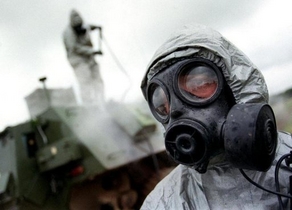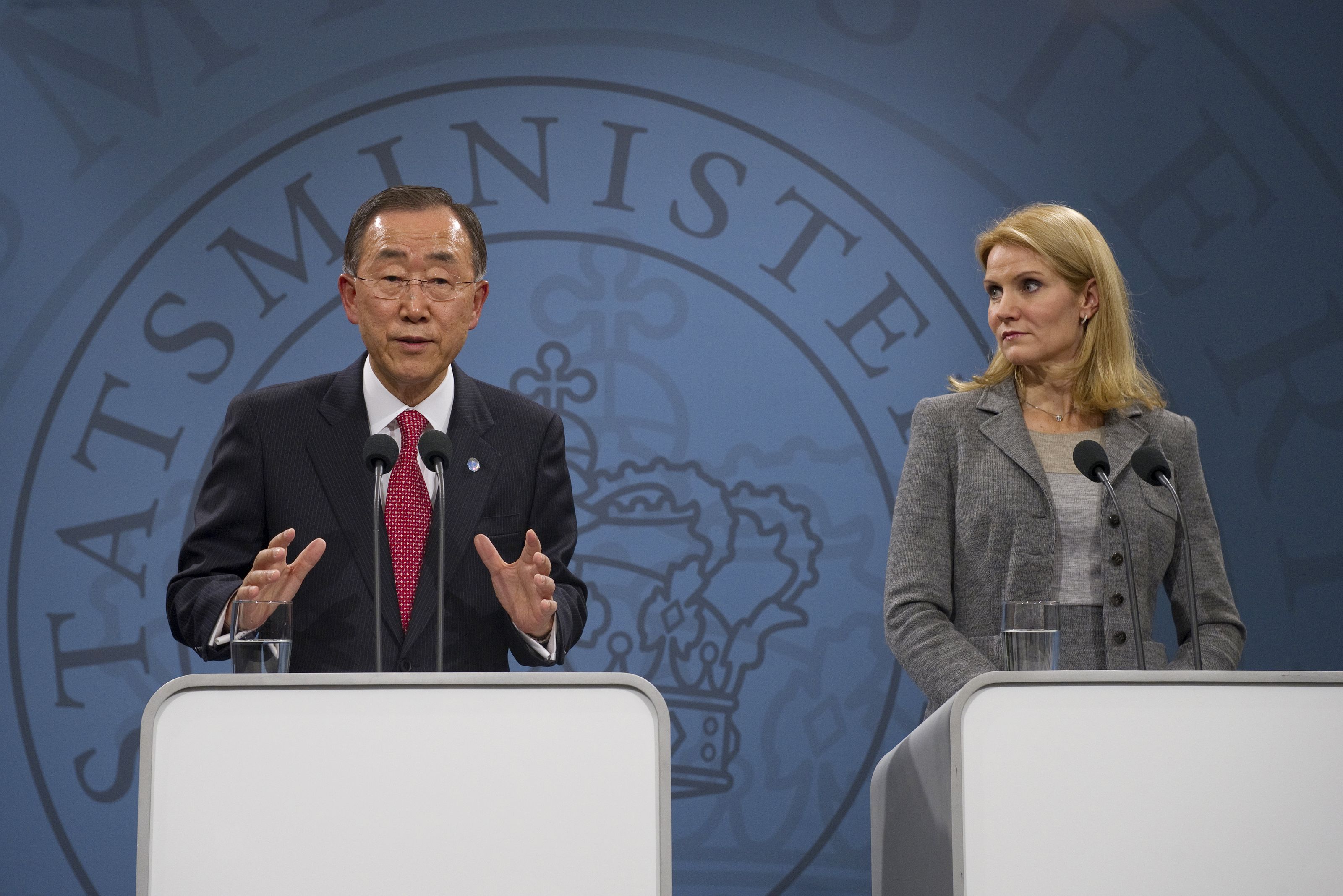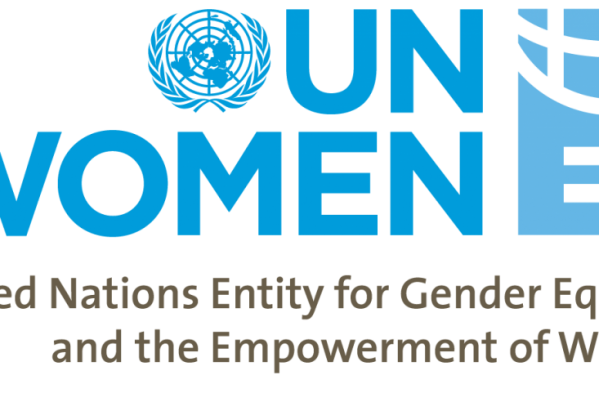SOFIA: The post-Cold War order in Europe is finished, with Vladimir Putin its executioner. Russia’s invasion of Georgia only marked its passing. Russia has emerged out of the war as a born-again 19th-century power determined to challenge the intellectual, moral, and institutional foundations of the Post-Cold War European order.
Today, Russia and the European Union have sharply opposing views on the sources of instability in Eurasia. If the West persists in ignoring Russia’s concerns and continues to expand NATO in the post-Soviet space, it will merely reintroduce sphere-of-influence politics in Eurasia. But breaking with the policies of the 1990s also presents grave risks, because the EU is not, and cannot be, a traditional great power, and because the West’s weakness may end up rewarding – and encouraging – Russian revanchism.
Any re-thinking of EU policy toward Russia should recognize that, while Russia will remain a regional power and global player during the next decade, it is unlikely to become a liberal democracy. The EU should also recognize that Russia has legitimate concerns about the asymmetrical impact of the Cold War’s end on its security. Russia felt betrayed in its expectations that the Cold War’s end would mean the demilitarization of Central and Eastern Europe. While NATO enlargement did not imply any real security threats for Russia, it changed the military balance between Russia and the West, fueling the Kremlin’s revisionism.
The contrasting nature of the political elites in Russia and Europe today is another reason for concern over the future of the relationship. Unlike the late Soviet elites, who were bureaucratic, risk-adverse, and competent when it came to international relations and security policies, the new Russian elite consists of the winners of the zero-sum games of the post-communist transition. They are highly self-confident, risk prone, and immensely wealthy, and Europe’s political elites, who made their careers in practicing compromise and avoiding conflicts, do not know how to deal with them.
Indeed, whereas Russia’s new assertive foreign policy – a mixture of newly found strength and insecurity and of mercantilism and messianism – constitutes an existential threat for Europe, the West seems unwilling to focus on the problem of a European order. It rejects Medvedev’s appeals for a new security architecture, Russia’s attempt to renegotiate the Treaty on Conventional Armed Forces in Europe (CFE) and the OSCE’s mandate and agenda on the grounds that this would constitute a retreat from the achievements of the 1990s. But how correct is this judgment?
Today’s European order emerged out of the ruins of such Cold War institutions as the CFE and the OSCE, and has been shaped by the EU’s eastern enlargement, which was intended to help complete Europe’s reunification. There was thus no immediate pressure to re-invent Europe’s institutional foundation, because EU enlargement was the institutional foundation for the new European order. If you behave like us, the EU said, you will become one of us.
But now the game has changed. The EU cannot act as guardian of the post-Cold War status quo without risking a collapse of Europe’s current institutional infrastructure. It is in the Union’s interest to take the initiative and to engage Russia. The EU’s main objective should be to preserve the distinctive character of the European order – i.e., the centrality of human rights and the rule of law. It should seek to prevent the return of spheres-of-influence politics in Eurasia, rather than consolidating or expanding its own sphere of influence. Russia’s neighbors – democratic and non-democratic – are Europe’s natural allies in this endeavor.
The duel nature of Russia’s regime – capitalist and non-democratic, European and anti-EU – demands such a strategy. The EU should focus on the ambiguity at the heart of Russia’s official doctrine of “sovereign democracy and use the fact that the current Russian regime’s domestic legitimacy is based, to a large extent, on the perception that it is striving to bring Russia back into European civilization. True, Putin’s Russia does not dream of joining the EU, but Russia’s stability depends on preserving the European nature of its regime. Putin promises Russians not only restoration of the country’s Great Power status, but also European living standards. Russia is ready and willing to confront Europe and the West, but it cannot afford and does not want to turn its back on Europe.
If Russia’s strategy is to erode the EU by focusing on bilateral relations with member states, the EU’s priority should be to institutionalize itself as Russia’s only negotiating partner. Creating institutional incentives for EU unity would help Europe overcome the asymmetrical interdependence in its relations with Russia. For example, the transformation of the OSCE into a political forum in which the EU represents its member states could be the type of institutional innovation that blocks Russia’s effort to split the Union.
The EU and the United States must stop pretending that they can transform Russia, or that they can simply ignore it. But nor should the EU allow Russia to reduce it to benevolent irrelevance.
Ivan Krastevis Chairman of the Center for Liberal Strategies in Sofia. This article is published by Daily News Egypt in collaboration with Project Syndicate/Europe’s World, (www.project-syndicate.org and www.europesworld.org).


